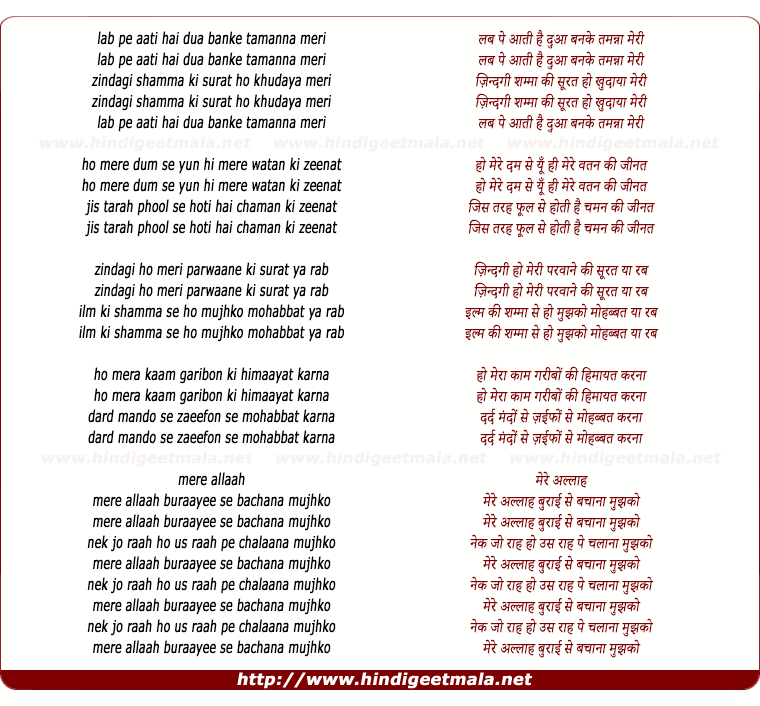Pilibhit case: Urdu national anthem has nothing “religious”, Prof. Tahir Mahmood

Twelve years after defending an Indian prayer on a foreign land, I am confronted with a similar incident in our country. The headmaster of a school in district Pilibhit of Uttar Pradesh allowed his students to sing a traditional Urdu prayer in their morning assembly. A local religious functionary complained to the district administration that the headmaster had deliberately arranged the singing of a “religious” prayer in the school, and the administration lost no time in suspending him with immediate effect, without seeking any clarification from him.
So what is “religious” in this beautiful prayer? Does it become “religious” only because its language is Urdu, or because God is invoked in it by His Urdu names, Khuda [or Arabic name] Allah? Notably, this poem was composed by the renowned poet-reformer Mohammad Iqbal whose Urdu poem, “Saare jahan se achha Hindostan hamara (better than the whole world is our India)”, is still sung as one of our national songs. Iqbal’s prayer is indeed as patriotic as that national song. It was sung in the morning assemblies in schools all over North India before Independence and until many years thereafter. It was abandoned when in the 1950s, Urdu medium in schools was replaced with Hindi. The National Military College in Dehradun, which had also adopted it before 1947, gave it up long after the advent of Independence.
I may mention here that conspicuously religious hymns and songs are sung now in the morning assemblies of schools and colleges all over the country. These are joined by students of all communities and nobody has ever objected to the practice. I had begun my career in 1963 with teaching in the famous Tilak Dhari Singh College of Jaunpur, which had a sizeable number of Muslim teachers and students. In the morning, every day, a religious song, “Jairaghunandan Jaisiyaram”, was sung by a group of students on the college’s public address system and everybody used to respectfully stand up in silence; nobody had any problem with it.
To the best of my knowledge and belief, invoking God in school and college songs, in any language, does not violate any law of the country. Article 28 of the Constitution regulates “attendance at religious instruction or religious worship” in educational institutions; its provision cannot be stretched so as to apply it to the practice of singing religion-oriented songs in school assemblies. The language of such songs is immaterial as linguistic pluralism is well-recognised by the Constitution. All citizens have a fundamental right to “conserve” their distinct language (Article 29); and all states can “by law adopt any one or more of the languages in use in the state” as their official language (Article 345).
The list of Indian languages in Schedule VIII of the Constitution — which as per Article 351 the state is mandated to take into account for developing Hindi “so that it may serve as a medium of expression for all the elements of the composite culture of India”— includes Urdu.
According to reports, the suspension of the school headmaster in the UP school has been “temporarily revoked” and, pending inquiry, he has been transferred to another school. I fail to understand what is being inquired into. In view of Urdu being widely understood and spoken in the country, does it really need a prolonged inquiry to discover that the Urdu prayer, for allowing which the poor teacher is facing punishment, is conspicuously non-religious?
This article first appeared in the print edition of Indian Express on October 22, 2019 under the title ‘Don’t sing in Pilibhit’. The writer is former chair of National Minorities Commission & member, Law Commission of India.





